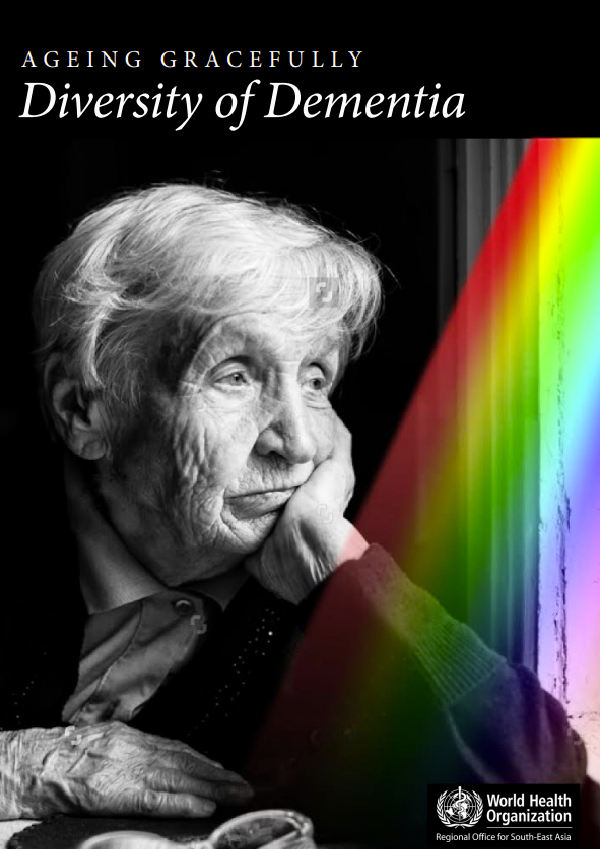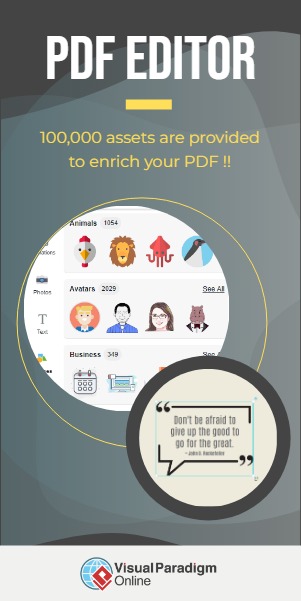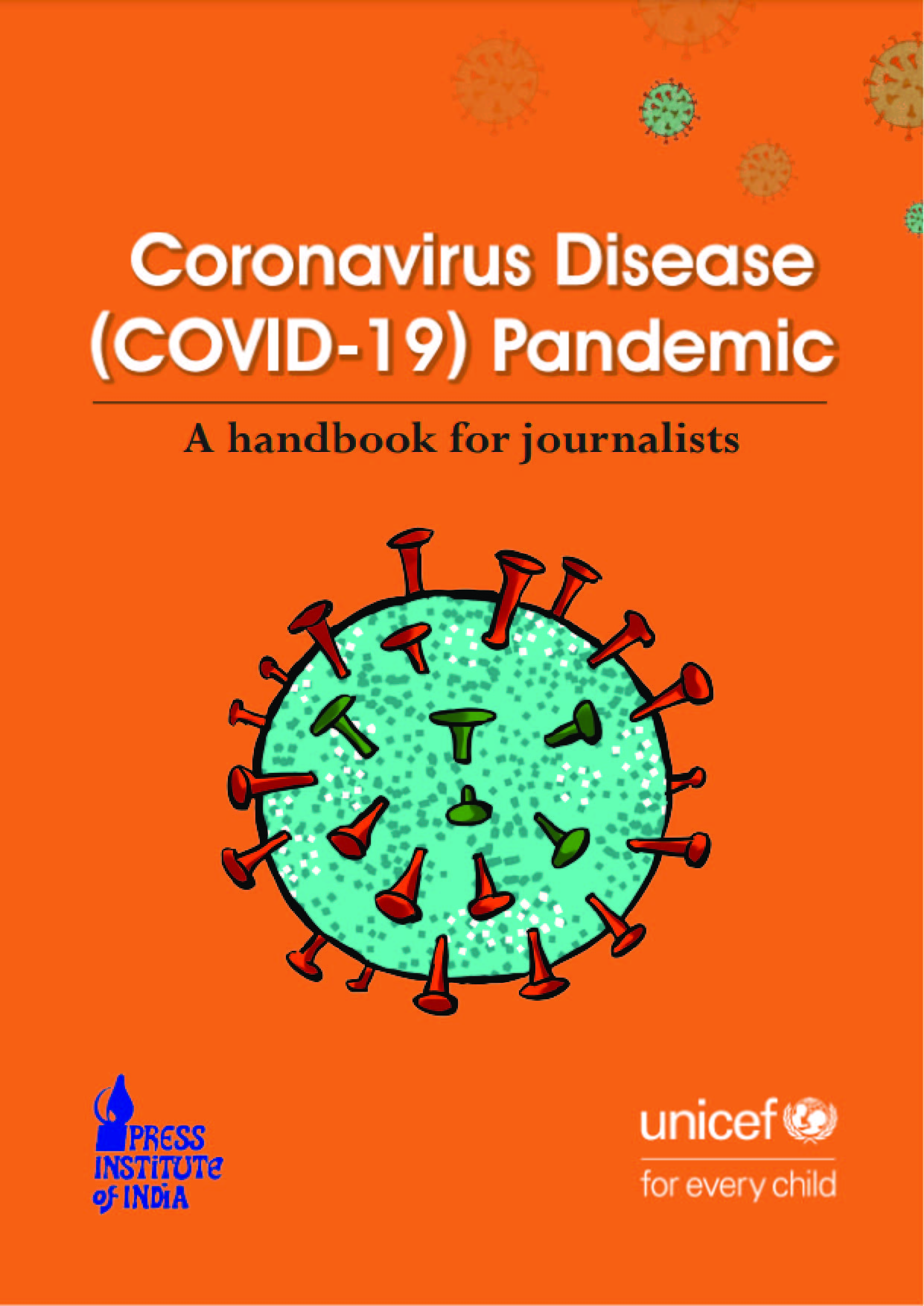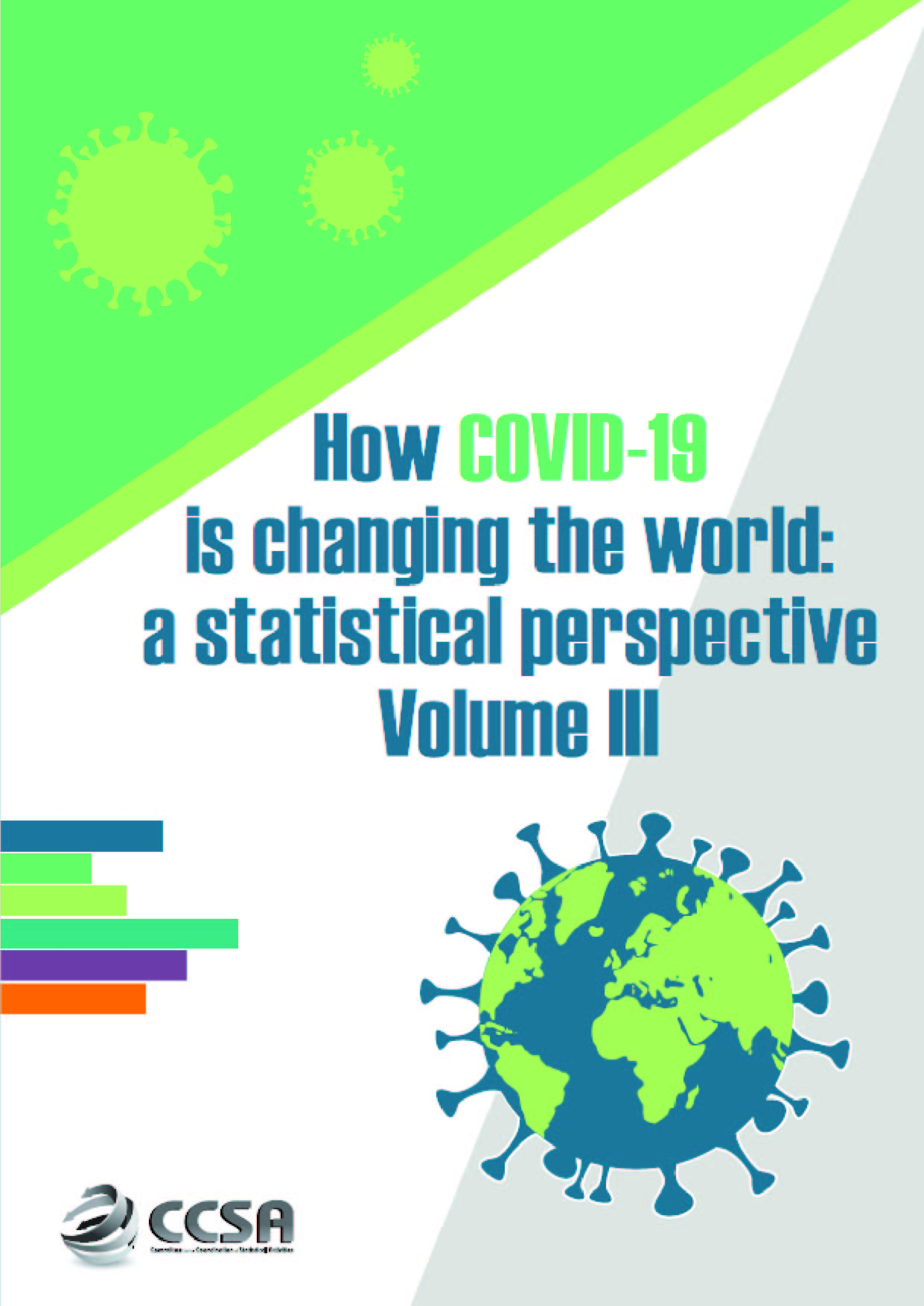The function of a human brain is broadly termed as “intelligence”. In medical terms intelligence is called “cognition”. A decline in cognition when severe is termed as “dementia”.
Dementia is derived from the Latin word, “de” = out from + “mens” the mind, which translates to loss or impairment of mental powers due to a disease. The word “démence” existed in the French language as far back as 1381.
During the period 2000 – 1000 BC the Egyptians and Greeks were aware that advancing years and old age were associated with disorders of memory. The Chinese used the words “zhi dai zheng” for dementia and “lao ren zhi dai zheng” for senile dementia which was described basically as a disease of old people characterized by muteness, lack of response and craziness. The Romans, i.e. AC Celsus and Claudius Galen during the first and second centuries AD respectively, referred to chronic mental disorders known to produce an irreversible impairment of higher intellectual functions.
The Ayurvedic physicians of India used the Sanskrit term “smriti bhransh” as early as 800 BC to describe loss of memory. Also, in India, the expressions “satar-batar” which literally translates to ”turned 70” and another “sathiya gaya” which translates to “turned sixty” are used for old people. Research has indicated that these expressions are applied only to those older people who show altered behaviour and loss of memory regardless of age. However, since this change most frequently happened in people at 60 or 70 years of age, the terms assumed a numerical connotation.
In some parts of South India, the word “chinan”, probably derived from the Dravidian languages, is used to refer to a condition associated with ageing, deterioration in memory, abnormal behaviour and occasional incontinence (loss of control of urine). The concept of dementia in the aged (Alzheimer disease) is widely known in Thailand, as “roke long”.
The changes in the mind brought on by old age have also been referred to by William Shakespeare in his plays “As You Like It”, “Macbeth” and “King Lear”, The last one written in 1606, aptly describes what is known even today as dementia.
As per the Diagnostic and Statistical Manual of the American Psychiatric Association, 1994, Dementia is the “loss of intellectual abilities of sufficient severity to interfere with social or occupational functioning”
The growth cycle is well known. When a baby is born, it is completely dependent on the mother; next, the child learns to recognize family members and express its needs, then goes to school and university and, finally, grows up to be a healthy adult. Health remains stable for many years, till the onset of decline in bodily functions.
The ageing process occurs in every living species, so also in human beings: graying of hair, wrinkling of skin, hardening of arteries, aches and pains in joints, weakening of eyesight etc. These are some “inevitable” “consequences of ageing. They occur to a variable extent in people, from minor to severe.
Similarly, the brain also ages. Older persons often complain that their memory power has decreased over the past few years. While they recall events of the past, they tend to forget more recent events. Remembering names and finding the “right word” seem to be a problem, but the words do come back later when they stop trying too hard. There is a decline in the ability to form new memories or learn new things. These are features of advancing years, which are to be expected, but are of no consequence, as they do not interfere with daily life. This implies that minor forgetfulness, such as forgetting where one has kept keys, is of no consequence. Sometimes people get very concerned about minor forgetfulness which is completely normal in old age, and confuse it with Alzheimer disease.











